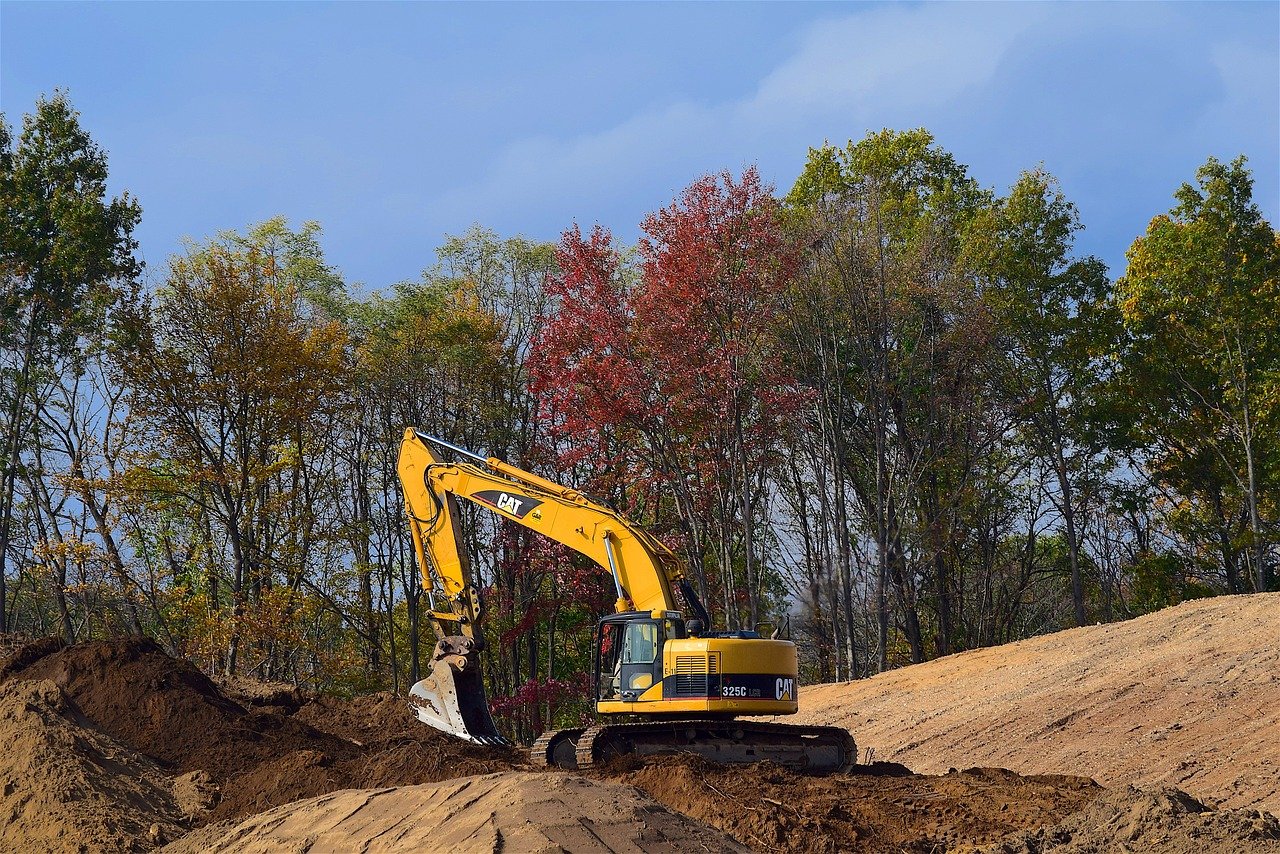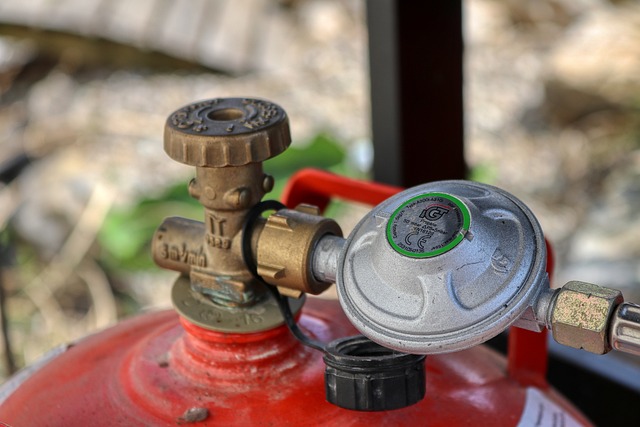As a homeowner, there are many responsibilities you should take care of regularly. Stuff like cleaning the house, making sure your appliances are still in top condition, and your ventilation is still working. However, one of the most critical responsibilities you should always keep in mind is your HVAC unit. With neglect, your HVAC unit would malfunction, resulting in a plethora of problems.
Not only will your ventilation become worse, but you might also even get sick or worse, your HVAC unit might explode. That said, routine maintenance, such as AC tune-up, is crucial to make sure it keeps working as intended. With that in mind, there are many professionals out there that can help you with proper maintenance in regard to your HVAC.
But let’s be honest, not all of us have the money to do that. However, there are a few tips you need to know about that can help you have some basic knowledge on how your HVAC unit works and some basic troubleshooting to know if you need help from a professional or not. But first, let’s talk about HVAC troubleshooting.
What is HVAC Troubleshooting?
When you figure out that your HVAC unit is malfunctioning, one of the first things that will come to mind is to call for professional help. But as mentioned earlier, there are some ways for you to troubleshoot yourself.
Unfortunately, this means that you will be attempting to figure out what’s wrong with your unit and fix it yourself if it’s simple enough. However, be reminded that if it’s above your knowledge, there’s no shame to ask for a professional’s help.
So, why is troubleshooting important? Your HVAC unit is one of the most important aspects of your house because it regulates your home’s ventilation. Hence, it’s important to regularly have a routine inspection and maintenance to keep it working as long as possible and keep your family safe.
But what are the things you can do to properly maintain it?
Check Your Air Filter
One of the most common reasons that an HVAC unit is malfunctioning is because of its air filters. Having dirty, clogged, and very old filters will cause a malfunction if it’s not happening already.
But how does that even happen? When your air filters are dirty, they will eventually clog down the flow of air, making your HVAC unit use more power to filter the air efficiently. Not only will it cause it to use more energy, but it will also result in it overheating, which can damage some internal workings or break it down altogether.
Check the Thermostat
One of the easiest ways of troubleshooting your HVAC unit is to check your thermostat and to adjust the setting based on how you want it. As we all know, your thermostat has several settings, like cool, heat, fan, and auto. However, when changing the temperature, these settings also change.
So, if you are wondering why there is a slight change in your ventilation inside the house, it’s probably nothing too serious as your settings just accidentally change because of the change in the temperature. However, if the temperature itself is changing or the change is not adequate for its current settings, then maybe you have a bigger problem.
Check Your Outside Unit
If your HVAC has an outside unit, make sure to keep an eye on it regularly. Most people tend to forget all about their outside unit simply because they are outside. However, the outside unit is closer to the elements, so it’s fairly common to be clogged because of dirt and leaves. This will make your HVAC unit struggle to filter the air making it eat up more power, leading to bigger bills.
Not only that, but when this is constant, your HVAC unit will always overheat, leading to more problems like internal damages or even an explosion. When checking your outdoor unit, remove any debris that you can find. You can even hose down all of the dirt that can potentially clog down the vents and filter. Also, keep the surrounding area clean from vegetation and dirt. You can also keep a perimeter around the outdoor unit to keep it away from the elements.
Check for Any Molds
If you’re noticing some awful smell in the house and have no idea where it’s coming from, consider checking your HVAC unit. The area around an HVAC unit is constantly wet from all of the moisture, not to mention many homeowners often place HVAC units in a small dark room. These are prime areas for molds to grow, which is especially true if your unit is constantly leaking. So, be sure to spot these leaks and seal them to avoid mold growth.
Takeaway
When your HVAC unit is malfunctioning, you shouldn’t have to call for professional help right away. More often than not, it’s just a minor issue, and you can fix it yourself. Start with the minor things first and see if you can do something about it. When it’s something complicated, then you can call for help from professionals, such as Blue National HVAC.
Author’s Bio: Tyler Plack is a freelance writer who focuses on topics related to engineering and troubleshooting. He also writes about energy consumption and how to reduce it, as well as energy usage. During his free time, he can be seen reading engineering books or keeping up-to-date about the latest trends in technology.






